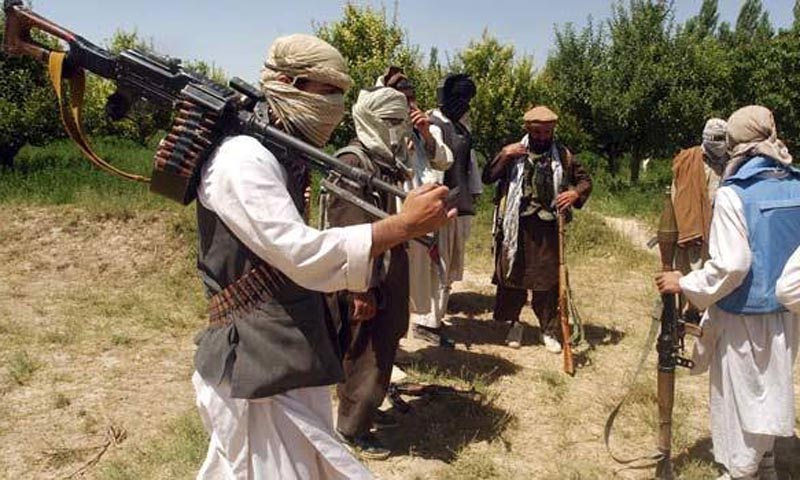The United States and Pakistan Enhance Counterterrorism Cooperation. Both countries reinforce their collaboration to combat terrorism focusing on the Afghan-Based IS and TTP.
In a pivotal move to address the escalating threat posed by terrorist organizations, the United States and Pakistan have bolstered their partnership, focusing on combating groups like the Afghan-based IS and TTP. Following their latest round of counterterrorism talks, both nations affirmed their commitment to intensify collaboration against entities such as the Tehrik-i-Taliban Pakistan (TTP) and the Afghan-based Islamic State affiliate.
The joint statement issued by Washington and Islamabad on Monday highlighted the significance of the May 10 bilateral dialogue, which centered on tackling the most urgent challenges to regional and global security. This dialogue underscored the pressing need for concerted efforts in confronting the menace posed by groups operating from sanctuaries in neighboring Afghanistan.
Against the backdrop of heightened terrorism in Pakistan, resulting in numerous casualties, including those of security personnel, the imperative of joint action against the TTP and the Afghan-based IS cannot be overstated. The recent surge in violence, predominantly attributed to the Pakistani Taliban, underscores the critical importance of addressing cross-border terrorism effectively.
Recognizing the symbiotic relationship between security in Afghanistan and stability in the broader region, both Pakistan and the United States emphasized the necessity of a collaborative approach to counter threats posed by groups like IS-Khorasan and the resurgent TTP. This partnership, rooted in shared interests and mutual security concerns, serves as a model for bilateral and regional cooperation in combating transnational terrorism.
At the heart of the discussions held in Washington was a commitment to enhance communication channels and sustain cooperation in detecting and deterring violent extremism. Both sides emphasized the significance of capacity building, encompassing the exchange of technical expertise, the adoption of best practices, and the bolstering of border security infrastructure and training initiatives.
The intensification of TTP-led attacks on Pakistani soil following the Taliban’s takeover of Afghanistan underscores the complex dynamics at play in the region. While Pakistani authorities allege collusion between the Afghan Taliban and TTP operatives, the Taliban government in Kabul refutes these claims, asserting its commitment to preventing any threats emanating from Afghan territory.
A forthcoming report by the U.S. Institute of Peace warns of the growing threat posed by terrorist groups in Afghanistan, including the expanding influence of IS-Khorasan and the resurgence of the TTP. This assessment underscores the evolving security landscape in the aftermath of the U.S. withdrawal, emphasizing the need for sustained international engagement to address emerging threats effectively.
As Afghanistan presents an increasingly fertile ground for terrorist activities, the imperative of collective action to counter the Afghan-based IS and TTP cannot be understated. Through enhanced cooperation and a multifaceted approach, the United States and Pakistan are poised to confront these challenges head-on, safeguarding regional stability and promoting peace in the broader South Asian context.


